This podcast found in:
- Raw RecipesRaw Recipes Index
- MoreGoodies, About, Praise + More
- StoreApps, Courses + More
- CelebrateSeasonal Suggestions
- New To Raw?Start Here
- WellnessCreating Healthy Habits
- CommunityRawtarian Community
Hello Beautiful!
It looks like you're new to The Rawtarian Community. If you'd like to get involved, click one of these buttons!
Login to Community Signup for an account Login using FacebookTrending Community Recipes
- Community









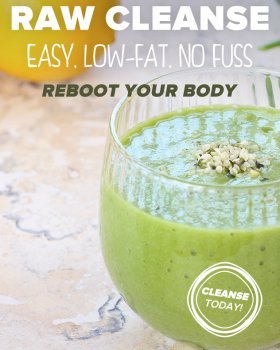











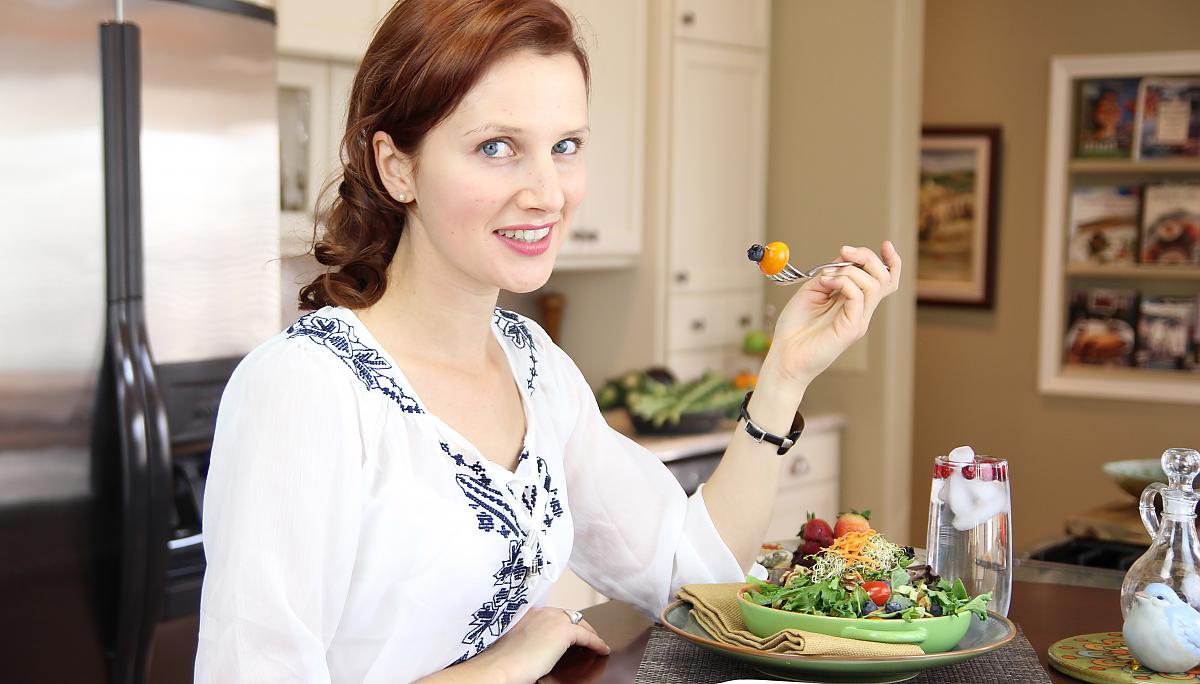
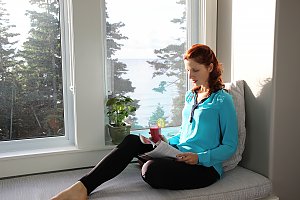



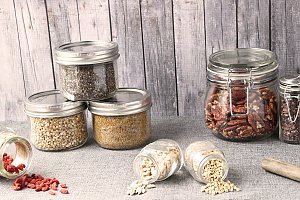
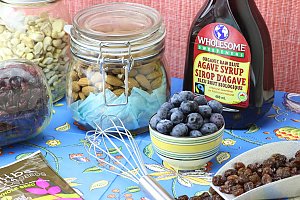
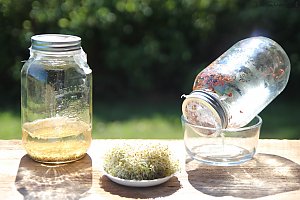
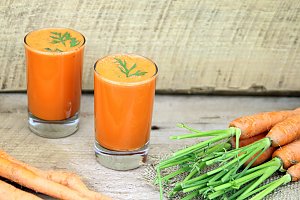



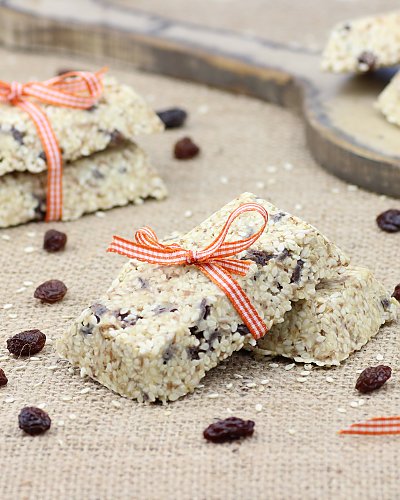
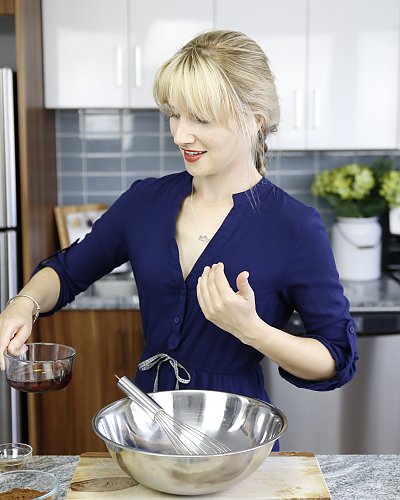
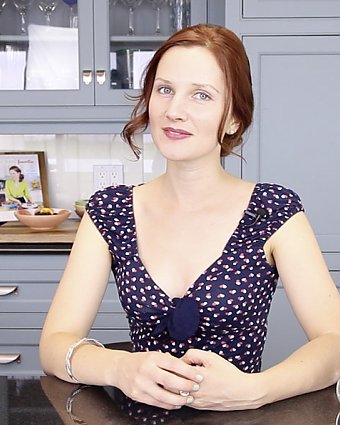
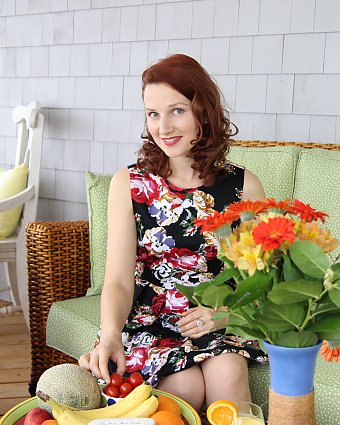





















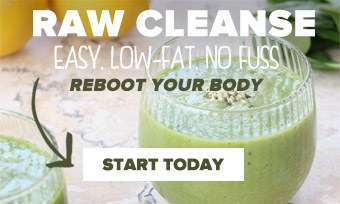
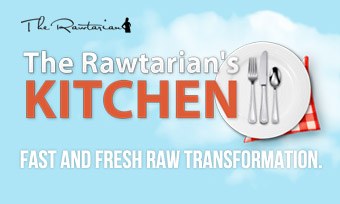
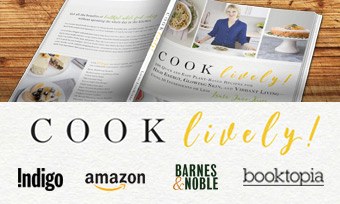
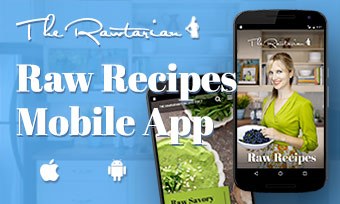
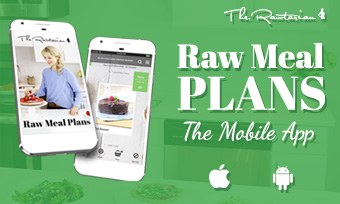



Top voted
All
Leave a Comment
The Rawtarian wants to hear from you! Let's get the conversation going! Leave a comment or review below.